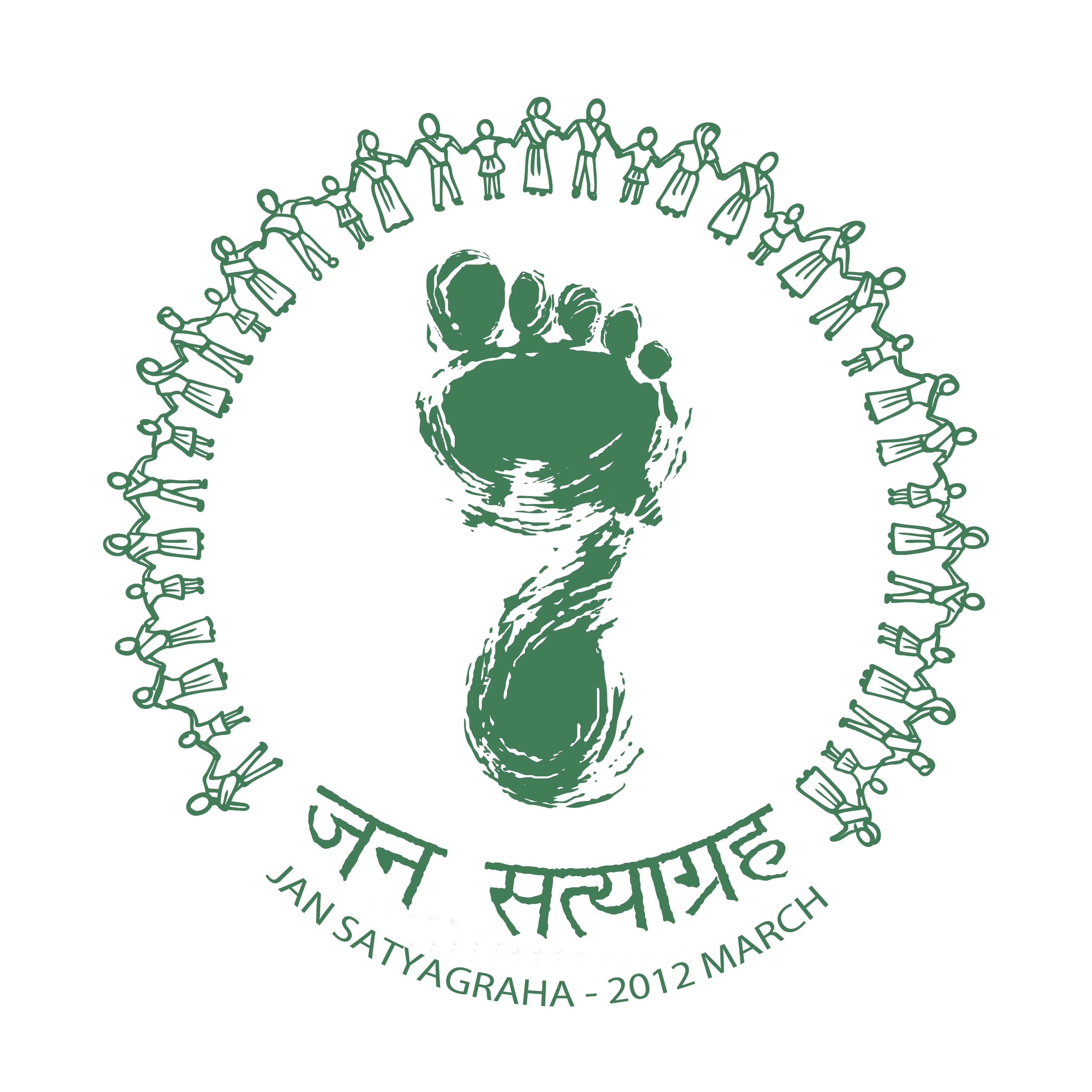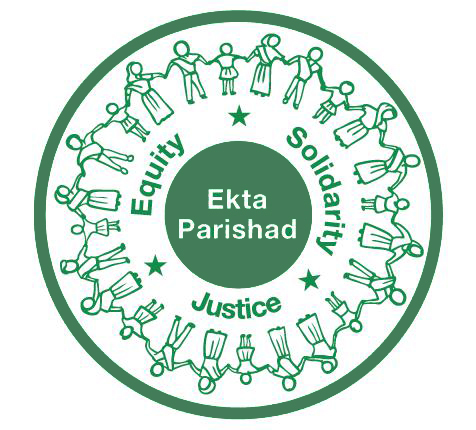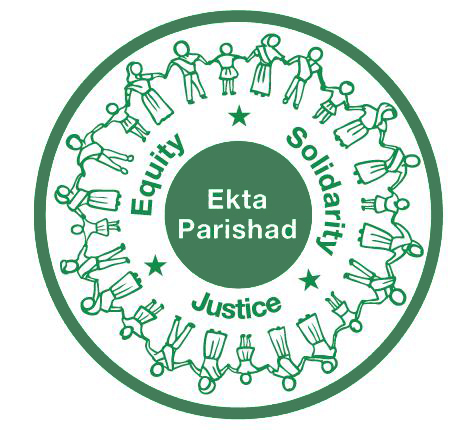Empoderamiento legal de las mujeres: lecciones aprendidas desde actividades basadas en la comunidad
En 2010 y 2011, la Coalición Internacional para el Acceso a la Tierra (ILC) financió cinco proyectos comunitarios que promovían el empoderamiento legal de las mujeres rurales. Los proyectos fueron el piloto de modalidades innovadoras dirigidas a fortalecer los derechos de las mujeres a la tierra, pero también identificaron modelos para ser replicados y ampliados.







